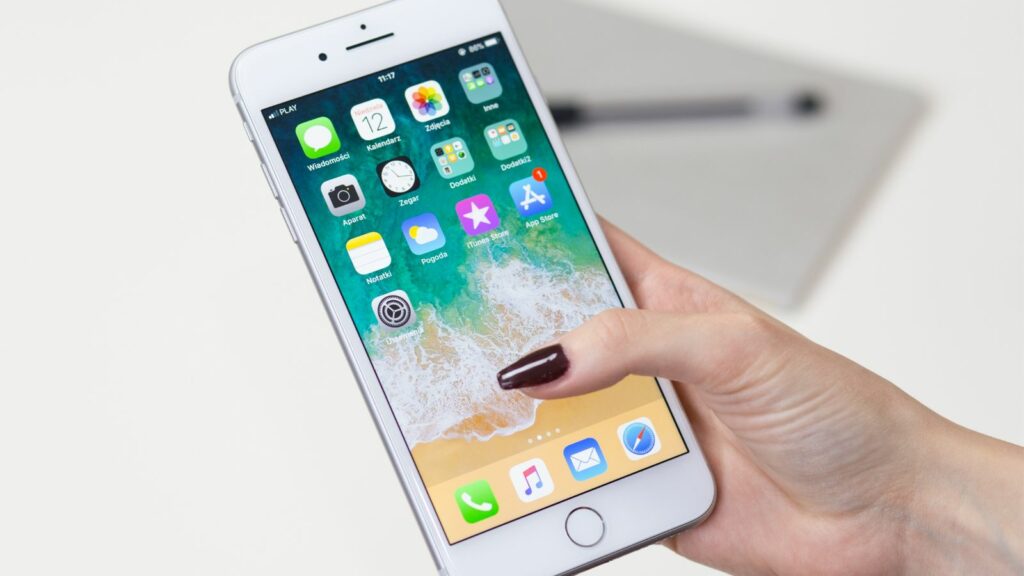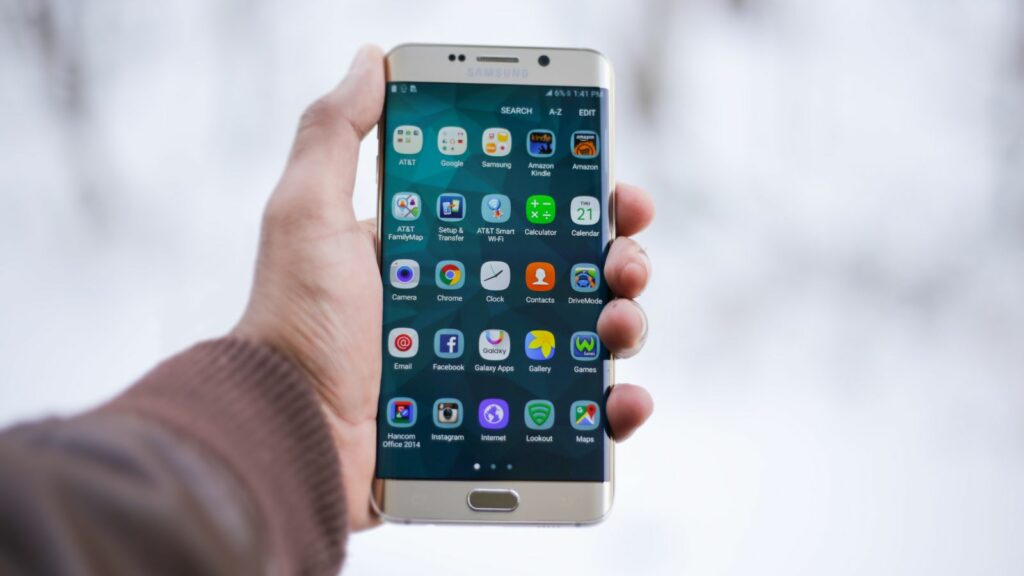In today’s fast-paced digital world, smartphones have become indispensable companions, housing countless apps that cater to every need. From essential tools to entertainment, these apps are constantly running in the background, waiting to be accessed at a moment’s notice. Yet, managing open apps efficiently on a phone can significantly enhance performance and battery life, ensuring a seamless user experience.
Open Apps On My Phone
Open apps on my phone refer to applications running in the background on a smartphone. They consume system resources such as memory and battery, which impacts overall device performance. Identifying these apps helps users manage device efficiency effectively. Many devices include built-in tools that display background apps, enabling users to prioritize essential applications.

Background apps affect battery life and processing speed. Constantly running apps increase battery usage, requiring frequent recharges. They can also slow device operations, resulting in longer loading times.
App permissions contribute to the functionality of open apps. Some require location access, internet connectivity, or notifications, impacting resource consumption. Users can manage these settings to reduce resource usage without compromising app performance. Managing app permissions improves security and preserves device efficiency.
By understanding the impact and features of open apps, users can enhance smartphone performance and battery life. Employing efficient app management in daily routines maximizes device potential and provides a seamless user experience.
Benefits Of Monitoring Open Apps

Monitoring open apps on my phone enhances smartphone performance by identifying applications that consume excessive resources. By actively managing these apps, users improve device speed and prolong battery life. Closing unnecessary apps reduces memory usage, leading to smoother operation.
Enhanced security is another advantage of monitoring open apps. Keeping a close eye on app permissions ensures that only trusted apps access sensitive data. This practice minimizes the risks of data breaches and protects user privacy.
Monitoring helps optimize resource allocation. Allocating fewer resources to non-essential apps leaves more available for crucial tasks. This allocation results in efficient device usage and a better overall user experience.
Understanding App Performance
App performance significantly impacts a smartphone’s functionality. Open apps can influence battery life, data usage, and memory allocation.
Battery Usage
Unmanaged open apps drain battery. Background processes, including location tracking and notifications, consume power. Reducing unnecessary background activity conserves battery, prolonging device uptime. Users can adjust settings to limit background execution for energy efficiency.
Data Consumption

Open apps often use data unknowingly. Automatic updates, background syncing, and location services contribute to data consumption. Monitoring these apps helps manage data plans, avoiding overage charges. Users benefit from restricting data usage to essential apps, ensuring efficient data management.
Memory Impact
Apps affect memory availability. Active apps utilize RAM, reducing space for other processes. Excessive memory usage leads to sluggish device performance. Closing unneeded apps frees up memory, enhancing responsiveness. Regular monitoring ensures optimal memory use, promoting smoother smartphone operation.
Managing Open Apps
Efficient management of open apps on my phone enhances device performance and saves battery life. Users can streamline smartphone operation by identifying and closing unneeded applications.
Identifying Resource-Hungry Apps
Resource-hungry apps strain a device’s performance by consuming excessive memory and battery. Users can identify these applications by monitoring those frequently running in the background or those that cause noticeable slowdowns. Checking battery usage statistics and app performance reports in the device settings provides insights into which apps are the most demanding.
Closing Unnecessary Apps
Regularly closing unnecessary apps boosts performance and conserves battery. Users can manually close apps through the app switcher or use built-in system shortcuts. This practice not only frees up memory but also prevents background processes from using additional resources. Keeping an eye on active apps ensures the device runs smoothly.
Optimizing Performance
Efficient app management is crucial for maximizing smartphone performance and user experience. By regularly checking and closing unnecessary apps, users can enhance device speed, extend battery life, and improve overall functionality. Managing app permissions and utilizing built-in or third-party tools further optimizes resource allocation, ensuring that essential apps run smoothly without compromising security.



